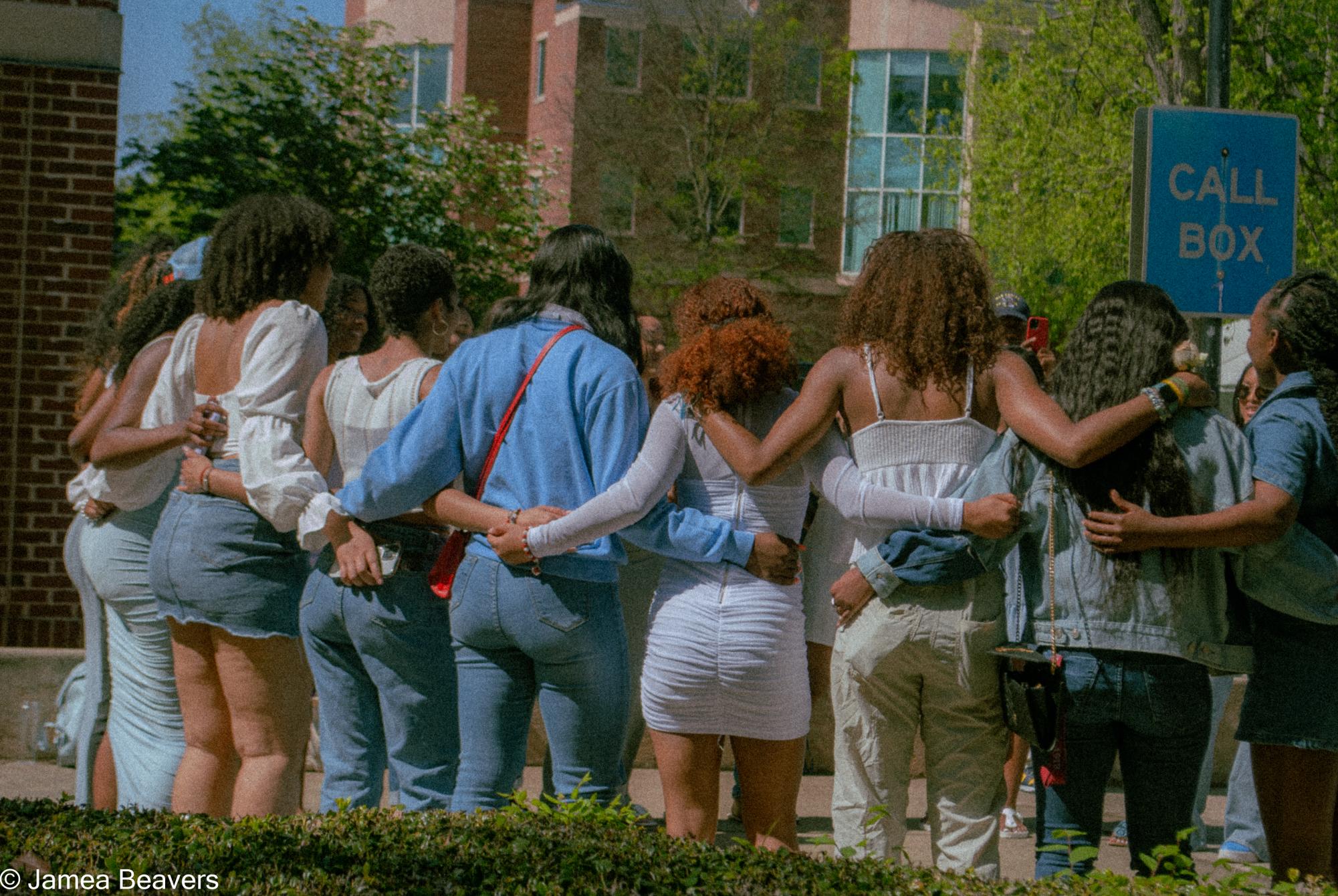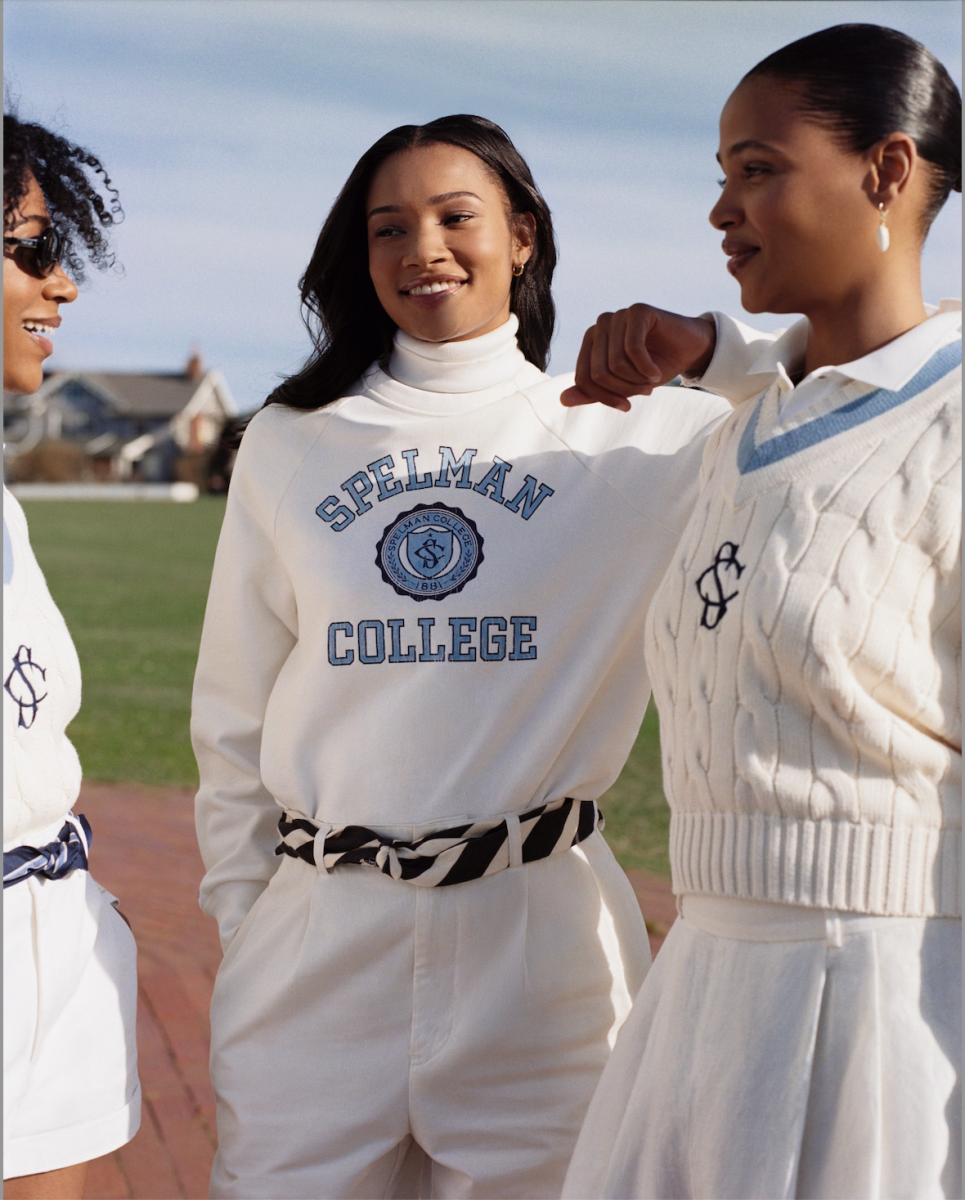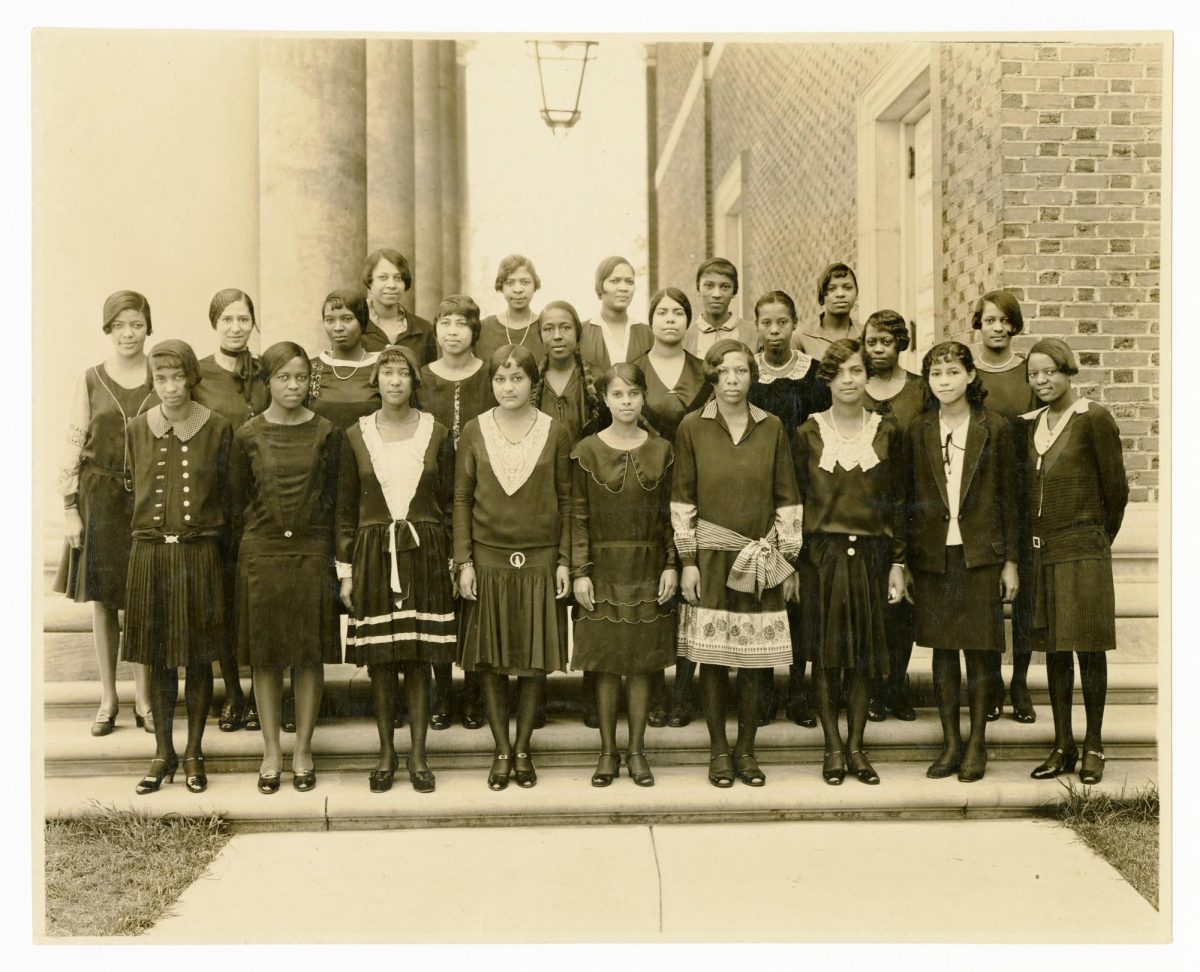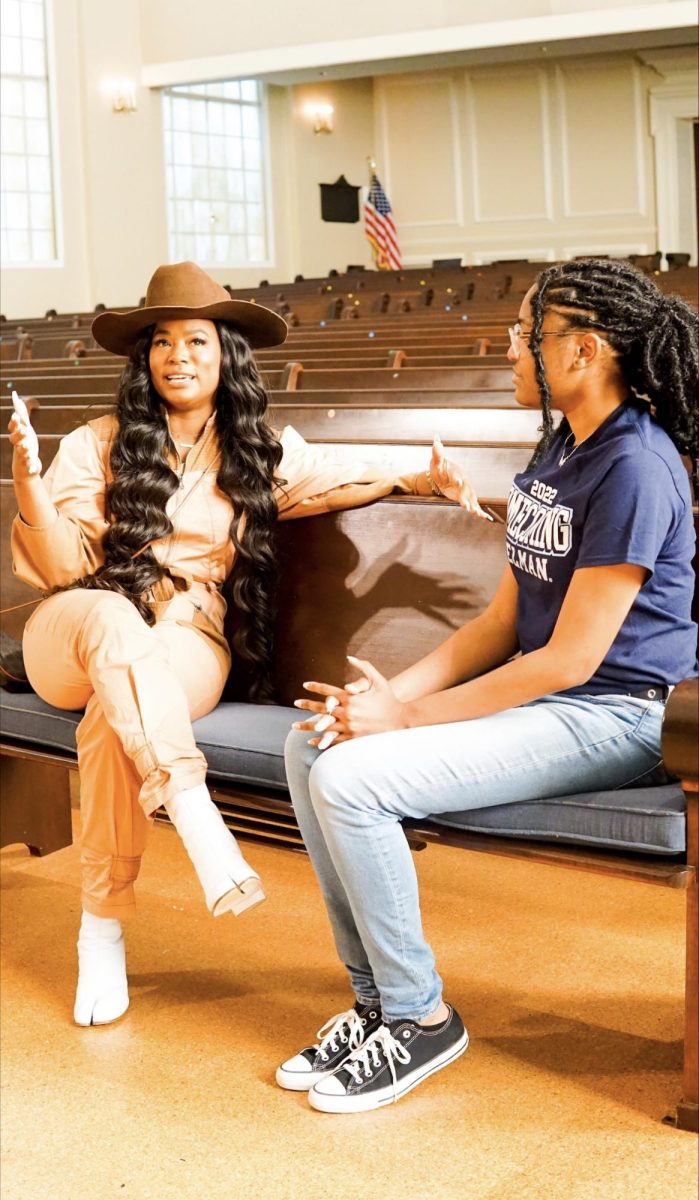March is Women’s History Month, and what better way to celebrate than highlighting the importance of Black sisterhood in our lives and growth as people?
The media often portrays friendship between Black women to be messy and problematic. Just watching Toni and Joan’s friendship on the show ‘Girlfriends,’ was an emotionally draining rollercoaster. But I want to shift this narrative and show that the bonds built here at Spelman are special and crucial to our development as Spelman women. So, I interviewed first-year and upperclassmen students about their experiences with Black sisterhood at Spelman.
Keyana Holton: Let’s start off with some introductions; tell me a bit about yourselves and why you chose to attend Spelman College.
Meet Amara, a first-year student from Atlanta, Georgia. She chose Spelman College because she loves Atlanta and knew she wanted to be close to home. The number one status was also an appealing factor, but this is no surprise because who wouldn’t want to attend the number one HBCU?
Meet Lauren, a first-year health science major from Houston, Texas. She chose to attend Spelman College because she wanted to be surrounded by other like-minded Black women. After her visit, she decided that Spelman was the right fit for her.
Meet Laniyah, a third-year psychology major from Philly. Laniyah knew she wanted to attend Spelman back in fifth grade; she appreciates the culture and the fact that it is an HBCU, and just like Amara, she values the fact that it has been the number one HBCU for sixteen consecutive years, b0ut who’s counting?
Meet Brooklyn, a third-year international studies major with a double minor in computer science and management. She knew she wanted to attend Spelman after watching ‘A Different World’ and getting to witness the emphasis on the community here at Spelman after a tour.
KH: How did y’all meet? What was something that connected you and strengthened your bond?
Lauren and Amara: The two met during NSO. While the two can’t seem to agree on who talked to whom first, they can agree on the fact that what strengthened their bond was living in Manley Hall together. Something as simple as living in the same dorm can create a friendship as special as theirs.
Laniyah and Brooklyn: Laniyah and Brooklyn met each other under different circumstances. These two connected through group chats and Zoom calls because the start of their freshman year was online due to COVID-19. When the opportunity came for the two to meet in person during Spanish class, they discovered that their shared interests made it natural for the friendship to blossom.
KH: Prior to entering Spelman, how did you define friendship?
Lauren and Amara: Before entering Spelman, the pair regarded friendships as a safe space where you can feel comfortable enough to express yourself and know that the people around you support you and are always there when you need a shoulder to lean on.
Laniyah and Brooklyn: These two defined friendships solely based on how long they’ve known
someone and how much they can trust and depend on that person.
KH: What has this bond taught you about yourself? And how has it been crucial to your development as a person?
Lauren and Amara: The duo discusses how their friendship taught them the importance of intentionality. Their bond has shown them that they must be willing to put in the effort to communicate and put themselves there. Amara believes that despite Lauren following her around everywhere like a lost puppy, it was easy for their bond to grow because of how easily they connected. However, it is still crucial that you put in the work to keep that bond ever-growing. To expand on this idea of intentionality, Lauren and Amara have learned that to be a good friend, sometimes you need to adjust and adapt to your friend’s needs. Amara’s love language is quality time, while Lauren’s is acts of service. Amara has learned that expressing her feelings about Lauren in ways that Laura finds meaningful is important.
Laniyah and Brooklyn: Growing up with boys taught Brooklyn little about being aware and empathetic towards others’ feelings. Her relationship with Laniyah taught her how to be vulnerable.
Laniyah feels the same way: “She’s seen me cry about five hundred times.”
KH: Why do you think it is important for you, as a young Black woman, to surround yourself with other intelligent Black women?
Laniyah and Brooklyn: “As someone once said, the most unprotected person in America is the Black women. And yes, I am gonna quote Malcom X until the day I die.” Brooklyn then goes on to say that it is important that we surround ourselves with other like-minded Black women because we need that sense of community because, at the end of the day, the only people we can relate to and understand are each other because no one else gets it like how we do.
As you can see, Spelmanites cherish friendship, and they take pride in the bonds they have built. But I will not deny that friendships can be a lot of work to maintain and take effort from all parties involved. So, here are some tips that you may find useful when building friendships and working to maintain them provided by your fellow peers!
KH: Is there any advice you would give to other Spelmanites regarding maintaining or building friendships?
Lauren and Amara: Although it may seem difficult at times, Lauren and Amara remind us that we should not be afraid to step out of our comfort zone. We never know what may come from the effort we put in. Even if things don’t end up the way we want, at least we know we did our best. Amara wishes for Spelmanites to remember that it is never too late to make a new friend. This is our first year; there’s always time to make a new friend.
Laniyah and Brooklyn: “Don’t be afraid. Sometimes you’re just gonna have to be yourself and hope that the person you’re being vulnerable with will accept you for who you are. Even if someone seems standoffish, don’t be afraid to just say ‘what’s up’ because that one conversation in Spanish class lead to a forever friendship.” The sisterhood that Spelman cultivates is unique. Spelman does more than just produce free-thinking women prepared to take the world by storm post-graduation. This institution also works to build up empathetic, compassionate women who aren’t afraid to act as sanctuaries for other Black women who often need a safe space to express vulnerability within a world that often doesn’t allow it.



